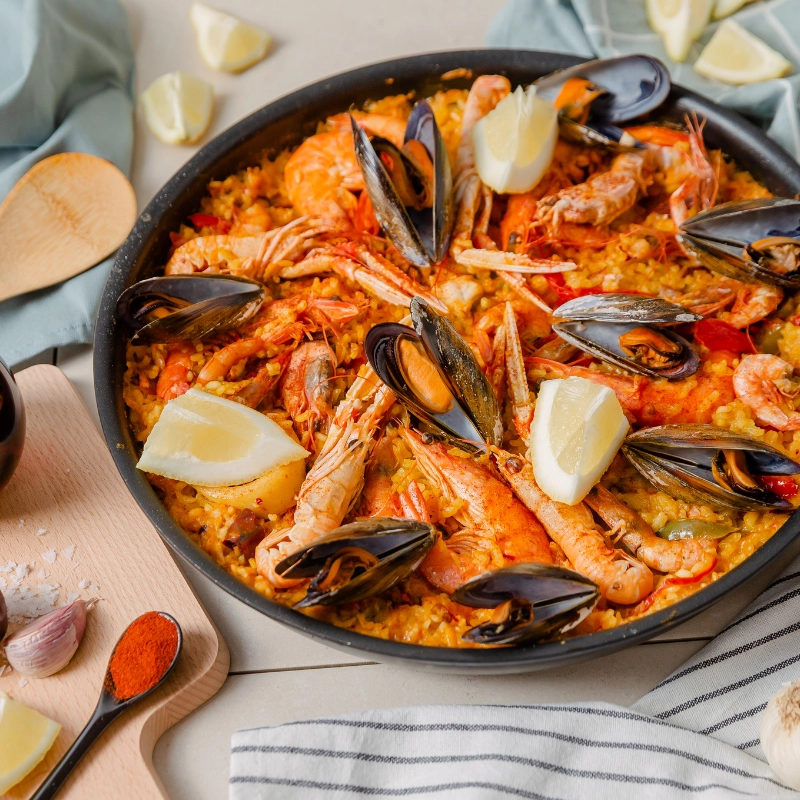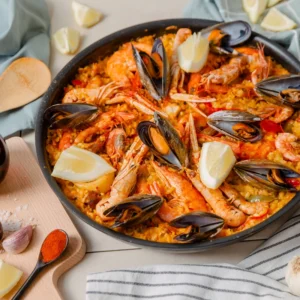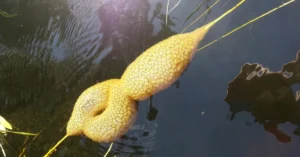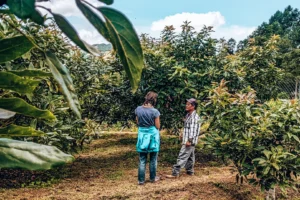During Donald Trump’s first term as President of the United States, his administration’s trade policies significantly impacted the global seafood industry.
Imposing tariffs and initiating trade wars strained relations with key seafood-exporting countries, particularly China. These policies led to a 40% decline in China’s seafood exports to the United States over eight years, highlighting the profound influence of political decisions on international trade and the dynamics of global seafood commerce.
Potential Impacts On Global Seafood Trade
With Trump’s return to the White House, the potential for disruption in global seafood trade is substantial.
Renewed trade tensions and altered trade routes pose significant challenges for global seafood markets, which rely heavily on stable international partnerships and predictable trade policies.
This uncertainty could lead to increased costs and reduced competitiveness in the global market.
Major seafood exporters like China could face significant challenges. In contrast, the US seafood industry may experience economic repercussions as it adjusts to new trade dynamics.
The potential for increased tariffs and trade barriers could lead to higher costs, affecting the industry’s ability to compete globally.
This situation is particularly relevant for those interested in EcoTourism USA and National Parks Travel, as the availability and pricing of seafood can influence travel experiences and local economies.
Industry Response And Adaptation
In response to these challenges, industry professionals must adopt strategies that emphasize flexibility and adaptability.
Staying informed about policy changes and market trends will be crucial for navigating the evolving landscape. Additionally, leveraging technology and innovation can play a pivotal role in mitigating trade disruptions.
Advances in seafood production and distribution technologies offer opportunities to enhance efficiency and resilience in the face of uncertainty.
Understanding these industry shifts is essential for those engaged in wildlife-watching tours and outdoor adventure activities.
The seafood industry’s ability to adapt and innovate will be key to sustaining growth and stability, ensuring that eco-friendly travel options remain viable and attractive to environmentally conscious travelers.
Role Of Technology And Innovation
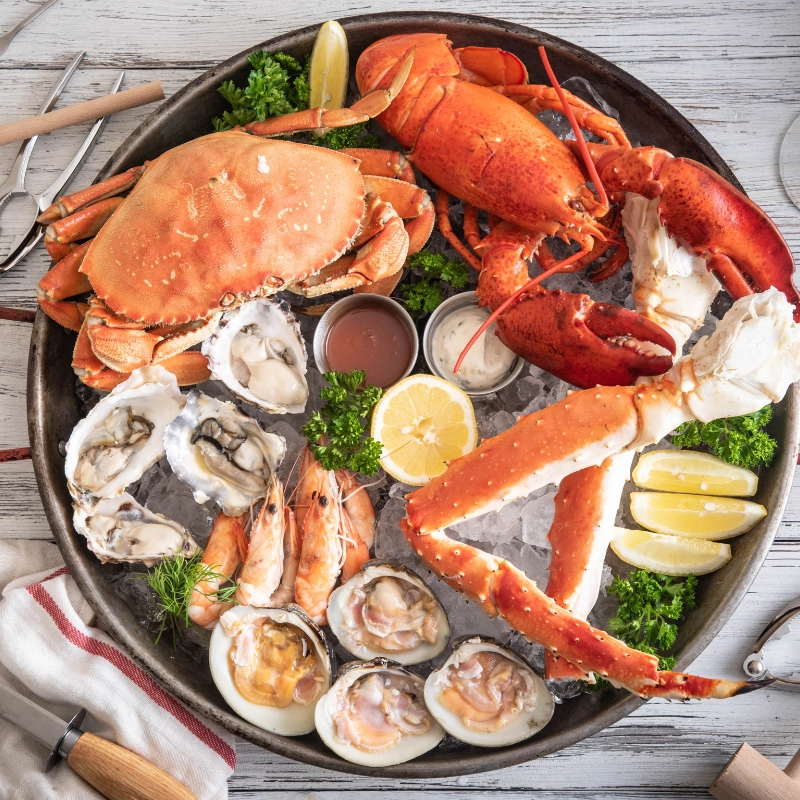
Technology and innovation are critical in addressing the challenges posed by potential trade disruptions.
By adopting new technologies, the seafood industry can improve production and distribution processes, making them more efficient and resilient.
This approach not only helps mitigate the impact of trade barriers but also supports sustainable practices, aligning with the values of those interested in Sustainable Travel Guides and Florida Recreation Areas.
Innovations in seafood production, such as advancements in aquaculture and sustainable fishing practices, can contribute to a more stable and environmentally friendly industry.
These efforts are crucial for maintaining the balance between economic growth and conservation, a priority for eco-tourism enthusiasts who value nature conservation and educational experiences.
In conclusion, as the global seafood industry navigates the uncertainties of Trump’s leadership, the focus on adaptability, technology, and sustainability will be essential.
By embracing change and leveraging new technologies, the industry can continue to thrive, supporting eco-tourism experiences and contributing to the broader goals of conservation and sustainable travel.

